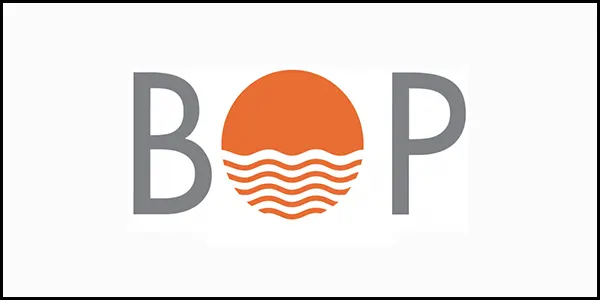Mariam Umar Farooq Karachi
The Bank of Punjab is contemplating transitioning into a fully-fledged Islamic bank. After the Federal Government’s directive last year to end the Riba-based banking and financial system within the next five years, the conversation has been rife in the banking sector and at least one bank, Faysal, has successfully completed a transition.
This strategic development was discussed in a recent corporate briefing session conducted by the bank’s officials. The bank will engage a consultant to evaluate the feasibility of converting from a conventional banking model to an Islamic banking model. The proposal will then be reviewed by the management before seeking approval from the board of directors and regulatory authorities.
Federal government’s push to Islamic Banking
Last year in April, the Shariah Court made a historic verdict that declared the prevailing interest-based banking system as against the principles of Shariah, directing the government to facilitate all loans under an interest-free system. The court further instructed the government to enact and amend laws to implement Islamic banking within the country and issued directives that the banking system of the country should be free of interest by December 2027.
This decision came after years of petitions against Riba (interest), with the Supreme Court referring the case back to the court in 2002 following appeals against the decision of the Federal Shariat Court (FSC).
In February of this year, Finance Minister Ishaq Dar reiterated the government’s commitment to implementing the Islamic financial system in Pakistan. He also revealed that a high-level three-member committee comprising key stakeholders such as the Ministry of Finance, State Bank of Pakistan (SBP), Securities and Exchange Commission of Pakistan (SECP), and Shariah scholars and chaired by the Governor State Bank, has been formed to plan the financial system of Pakistan to operate on an Islamic basis. This committee would be directly monitored by him.
As part of its strategy to increase the share of Islamic banking from 20% to 35% in the next two years, the State Bank of Pakistan (SBP) has announced that it will facilitate banks that have plans to convert their business into a Shariah-compliant mode.
Why are all banks shifting to Islamic Banking?
In addition to the judiciary’s ruling, banks recognize the potential of Islamic banking in offering lucrative returns through its low cost of deposits and the significant potential for market share enhancement. BOP is no different.
BOP, a public sector bank predominantly owned by the provincial government of Punjab, currently operates through a network of 640 conventional branches, 140 Islamic banking branches, and 40 Islamic banking windows. In 2022, its Islamic banking division generated a profit of Rs. 1.26 billion which made up more than 10% of the bank’s overall profit of Rs. 10.83 billion. Moreover, profits from Islamic banking exhibited a notable growth of 34.7% compared to the previous year. Whereas, the bank’s overall profit in 2022 decreased by 15% on a year-on-year basis due to high tax payments.
The growing demand for Shariah-compliant financing and its remarkable growth across the country further highlights the attractiveness of Islamic banking. Islamic banking in Pakistan has experienced remarkable growth, with assets totaling over Rs. 6 trillion and deposits reaching Rs. 5 trillion in 2022.
As evidenced by the State Bank of Pakistan’s survey, which polled 10,000 households, a staggering 74% expressed willingness to switch to Islamic banking, indicating not just receptiveness but also support for the Riba-free banking system. This overwhelming demand for Islamic banking in the country is evident from the survey results, reinforcing the promising prospects of the industry.
What banks have transitioned to Islamic Banking?
The conversion of banks from conventional to Islamic-based operations has been influenced by various factors, including the pent-up demand for Islamic banking and rulings by the Shariat Federal Court.
In early 2023, Faysal Bank successfully completed its transition to a full-fledged Islamic bank after being issued an Islamic Banking License by the SBP.
This license has elevated Faysal Bank to become the second largest full-fledged Islamic bank in Pakistan. The bank began its journey of transition back in 2015.
At the time it already had the second largest Islamic banking window in the country with 53 standalone branches.
In line with this trend, Summit Bank’s board of directors has also recently approved a plan to convert the bank’s operations from conventional to a full-fledged Islamic bank.










